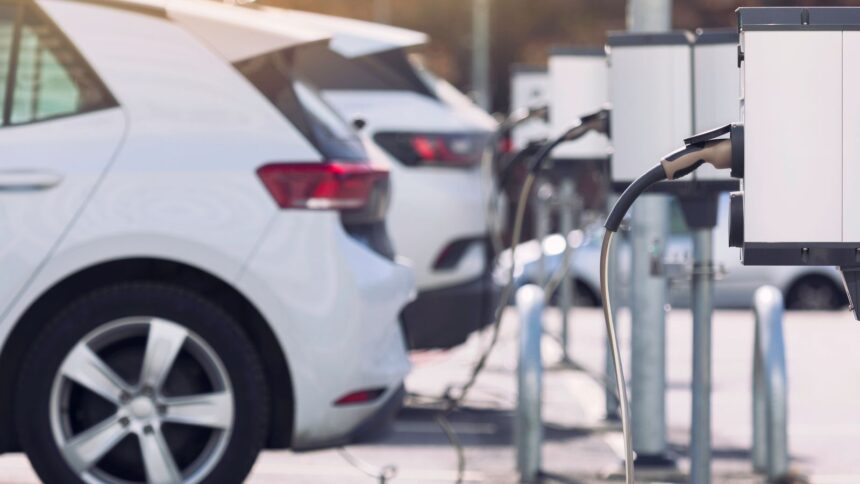The government mandate, which forces its members to sell a set percentage of zero-emission vehicles each year, is proving to be problematic, according to the Society of Motor Manufacturers and Traders (SMMT), since the share of electric vehicle (EV) sales in the UK has stopped below 18%.
Manufacturers must make sure that, starting in 2024, at least 22% of newly sold vehicles are emission-free; by 2030, that percentage must rise to 80%, and by 2035, to 100%.
For every non-zero-emission vehicle sold that surpasses the annual percentage threshold, automakers risk a fine of £15,000.
SMMT claimed, in an open letter to chancellor Rachel Reeves signed by manufacturers, that the sector was “committed to net zero” but complained that it was footing the bulk of the expenses at a time of record low demand for new cars in the tough economy.
It referenced industry attempts to meet the mandate’s requirements through discounts, which are expected to total £2 billion by year’s end on top of the investment made thus far.
The SMMT stated that it was still evident that government incentives were required to boost sales, such as a 5% tax on non-domestic battery charging and a half of the VAT on new EVs, even if it cautioned that neither could be maintained.







